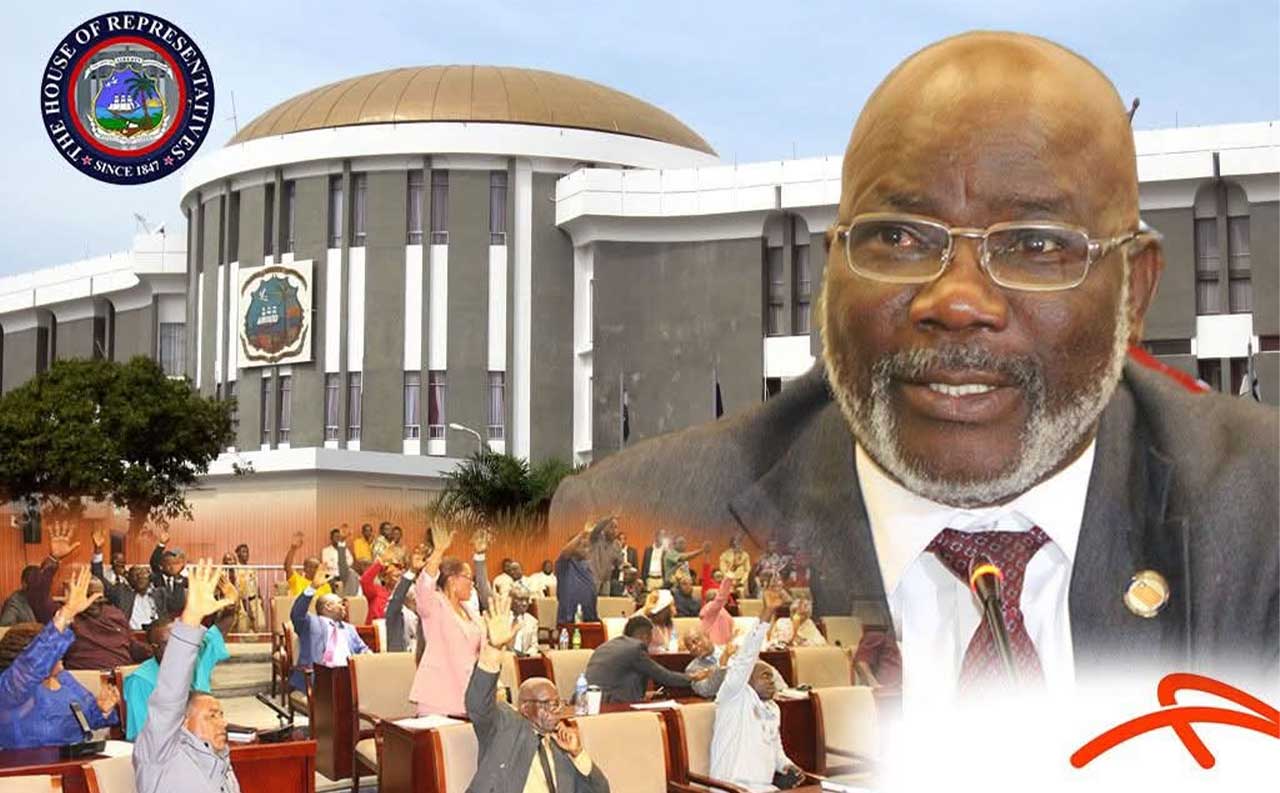The Leadership of the Liberian Senate, under the direction of President Pro Tempore Senator Nyonblee Karnga-Lawrence, has officially acknowledged Executive Order No. 147 issued by His Excellency President Joseph N. Boakai.
The Order mandates the compulsory enrollment of all Liberian citizens and foreign residents into the National Biometric Identification System (NBIS), as part of a broader national agenda for digital transformation and enhanced national security.
According to a release issued Thursday, May 1, 2025, the Senate’s acknowledgement aligns with internal reform initiatives already underway within the Senate, spearheaded by Pro Tempore Karnga-Lawrence. Among these initiatives is the establishment of a comprehensive biometric identification system for all Senate employees.
Following the completion of a full-scale audit by the General Auditing Commission (GAC), one of the key recommendations issued was the creation of a biometric database for all Senate staff. In response to this recommendation, and with the full endorsement of her colleagues, the President Pro Tempore in March 2024 contracted an ICT consultant to develop the necessary infrastructure to support this system.
A cornerstone of this ICT development is the implementation of a responsive and real-time Human Resource Management System, which includes a biometric employee database. As part of this system, a biometric time and attendance machine has already been fully installed.
The Senate’s IT Team, Human Resource Office, and Finance Department are working in close coordination to ensure the efficient enrollment of all staff members into this system. The biometric attendance database is expected to enhance accuracy, security, and efficiency in tracking employee attendance and processing payroll.
This modern approach eliminates manual errors, curbs time theft, and streamlines HR and payroll operations by leveraging unique biological identifiers. Ultimately, it promotes transparency, improves workforce productivity, and safeguards payroll integrity by eliminating ghost employees.



